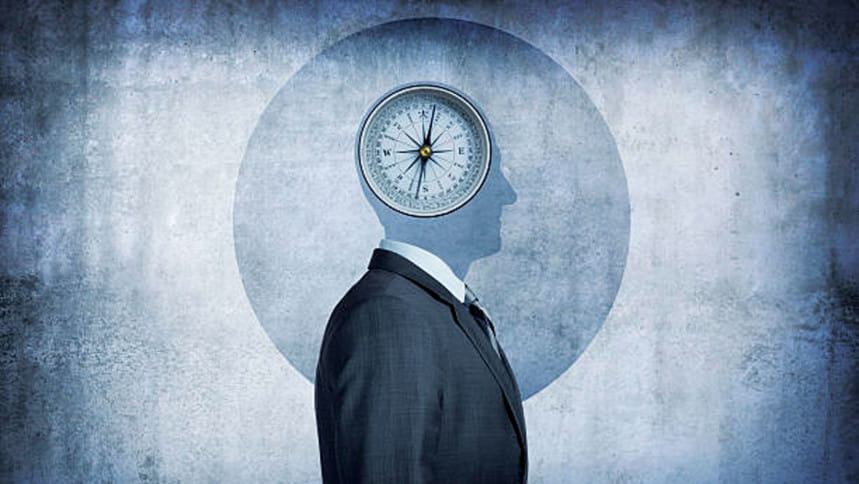Rediscovering the power of moralogy & wellbeing

Global unrest has increased since the millennium, risking social unrest. Health promotion and wellness activities are popular now. Science and culture affect "social ethos," especially morality and lifestyle. We were not taught to help the poor in school. The education system undervalues moral education.
According to studies, immoral treatment reduces happiness. Moral education and health are social assets. Schools nurture, develop, and empower young minds to build mentality and wellbeing. Wellbeing and success in school depend on students' moral values. Good deeds, hormones, and mental health are linked. Introducing a new morality-based science can improve internal health and help people live well with 'nature.'
"Moralogy" is a new science that compares conformist morality's principles and content while demonstrating the effects of their practices. Japanese philosopher Dr Hiroike Chikuro gave it a scientific shape. He founded Reitaku University and the Moralogy Institute. His insight, theory, and concept of Moralogy were to establish "a definite method of perfecting the supreme character of an individual man" It recommends studying and practising not only customary and traditional ethics and morality but also wise men's and saints' moral values. World first. Today, we realise that the culture of moral values affects mental health, especially among young people.
Japan's moral education has gained popularity. This emphasises morality and mental health. It includes a sound mind. Dr Osama Nakayama talked about new spirituality in Japan and moral education a few years ago. Basic needs, well-being, and morality fulfil human potential, according to a Darcia-edited book.

In today's world, morality and psychosomatic health are strongly linked. Plato, Aristotle, and modern psychologists Peterson and Seligman all spoke of the link between moral goodness and mental fitness. Plato wrote that virtue is "the health, beauty, and wellbeing of the soul," and moral failure leads to unhappiness, unfulfillment, and illness.
Moral psychology is helping us understand human morality using developmental psychology, neuroscience, and other fields. Scientists are rediscovering the importance of morality in daily life. Our Brains Are Wired for Morality: Evolution, Development, and Neuroscience is a Chicago University study on the development of moral cognition and behaviour in young children.
Morality also increases happiness and people's sense of meaning and purpose in life. Moral identity is linked to subjective well-being, a study found. We cannot afford to ignore moral issues in today's uncertain world and changing social cultures. In the context of the global pandemic and unexpected newer dramatic conflicts raging in the first quarter of the new century, moral issues can be resolved by considering 'living with moral courage and the 'concept of Moralogy'.
Email: [email protected]

 For all latest news, follow The Daily Star's Google News channel.
For all latest news, follow The Daily Star's Google News channel. 



Comments